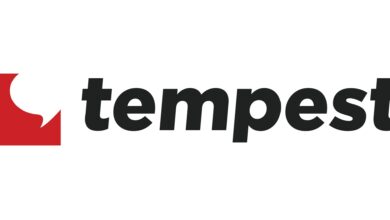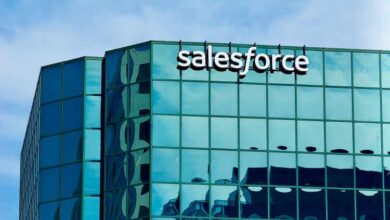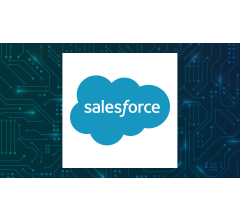Alphabet Eyes HubSpot Acquisition To Rival Microsoft

What’s going on here?
Alphabet, Google’s parent company, is considering acquiring HubSpot, a marketing software maker valued at $31 billion, to boost its competitive edge against Microsoft in cloud-based applications.
What does this mean?
If this deal proceeds, it would become Google’s largest acquisition ever, drastically expanding its product suite for businesses. Currently, Google is challenging Microsoft’s Office platform through Google Workspace, but acquiring HubSpot would mark its entry into the customer relationship management (CRM) sector, directly competing with Microsoft’s Dynamics 365. Despite economic challenges, HubSpot reported a 23% rise in
sales
and a 15% operating
margin
in Q1, showing resilience. Analysts, however, warn that HubSpot’s shares might have declined without Google’s
interest
, given potential weakened client demand.
Why should I care?
For markets: Navigating the waters of uncertainty.
This acquisition could significantly shift market dynamics. Google, which currently trails Amazon and Microsoft in the cloud market, could gain a strategic advantage in the CRM space akin to Microsoft’s with Dynamics 365. This move might make Google more attractive to small and medium-sized businesses, especially those impacted by tighter credit conditions and high-interest rates. However, Goldman Sachs analysts caution that tougher lending standards could hurt funding access for HubSpot’s clients, making economic conditions a critical factor to watch.
The bigger picture: Global economic shifts on the horizon.
Acquiring HubSpot aligns well with Google’s expertise in inbound marketing and data management, particularly as Google plans to eliminate third-party cookies from Chrome. HubSpot’s capabilities in first-party data collection could fill this impending gap, providing valuable sales leads. Additionally, integrating HubSpot with Alphabet’s vast data resources, including YouTube, could enhance ad monetization efforts, critical to Google’s AI-driven ad ecosystem. Regulatory scrutiny, however, looms large as tech giants face increasing resistance to expansion via acquisitions, although the limited business overlap may mitigate this challenge.



